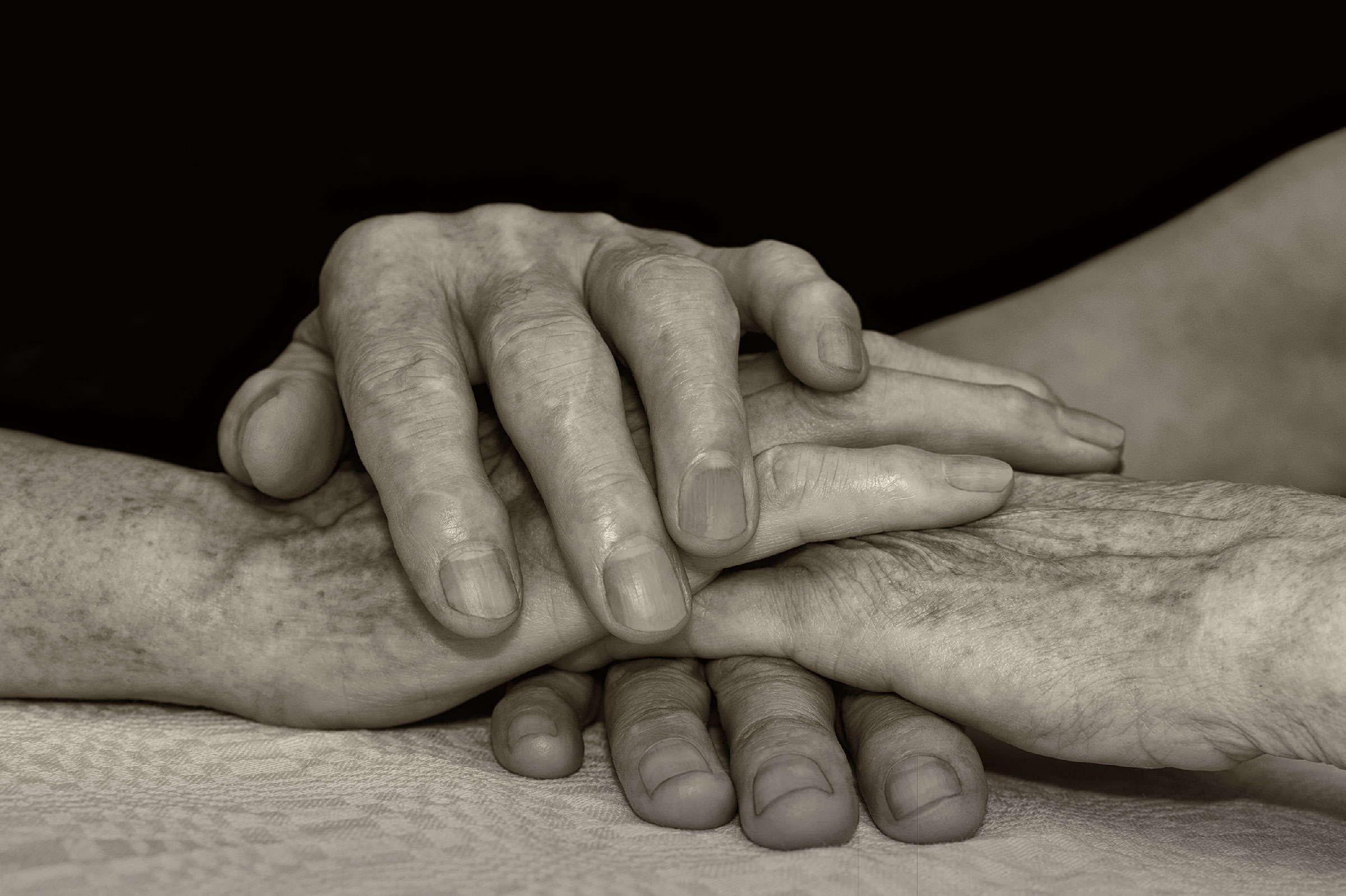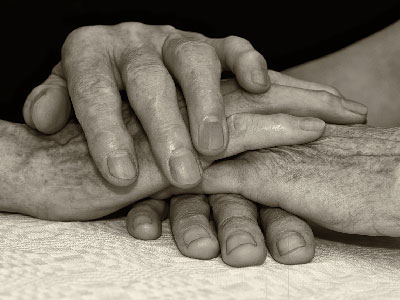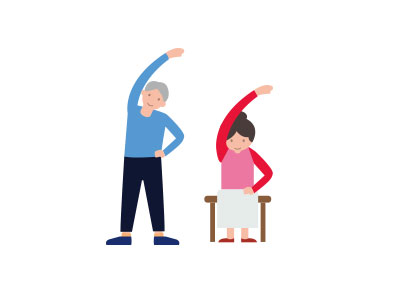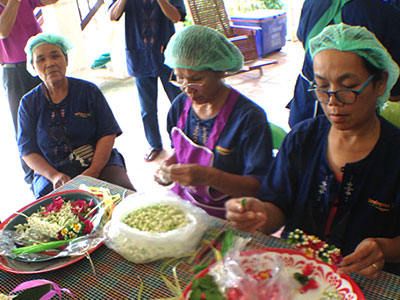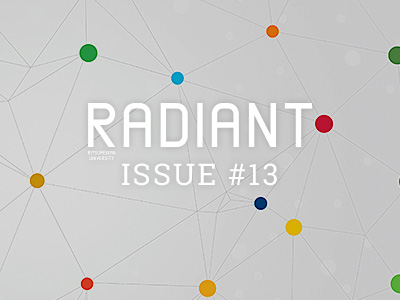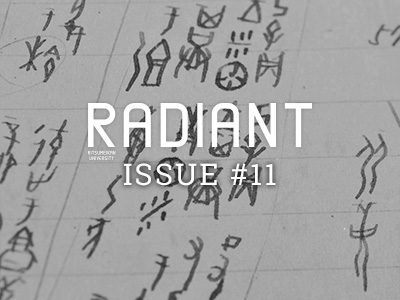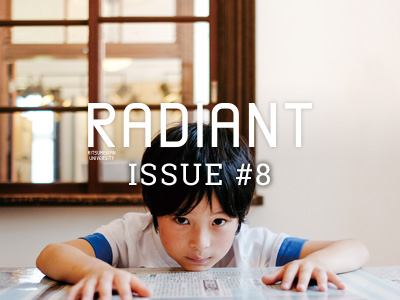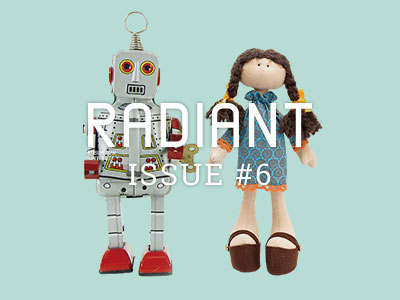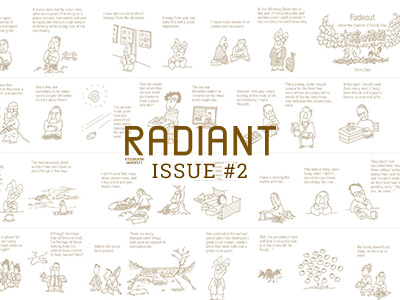STORY #3
Supporting the 1.3 Million
“Caremen”
Mao Saito
Associate Professor, College of Social Sciences
Men, working people, parents, and teenagers: the shape of nursing has certainly diversified.
Male caregivers are now recognized widely enough that the Japanese-English phrase, “Caremen” has been coined to describe them. There are now about 1.3 million male caregivers in total—in fact, one in three caregivers is now male.
However, as recently as ten years ago, the presence of male caregivers attracted attention. A case in which a son nursing his mother who was suffering from a cognitive impairment went on to murder her in Kyoto in 2005 was widely covered in the media.
At that time, Mao Saito was already paying attention to male caregivers who were not socially or academically inclined and who attracted scant attention, and tried to elucidate issues they had through fact-finding surveys.
“Conventional surveys at the time assumed that most caregivers were women, and as a result didn’t engage with the challenges faced by male caregivers.” Under such circumstances, Saito adjusted the questions in her survey, thus revealing challenges particular to male caregivers—for example, difficulties in relation to chores such as “I can’t cook,” and “I don’t know how to use detergent,” as well as an overall lack of experience with nursing issues.
Further, Saito found that “Male caregivers generally don’t ask for help and tend to keep problems to themselves. It was also discovered that they have a strong sense of responsibility and perhaps do their very best—almost too much, in fact.” In addition to a sense of values that prevents them from expressing family issues or making complaints in the workplace, quite a few male caregivers suffer from trying to do things at home to the same level of perfection as they aim for in their salaried employment. “As opposed to salaried work, nursing is not evaluated by someone else, and ultimately, it progresses toward ‘attending to a person on their deathbed.’ The important point is not to overdo things, but many male caregivers cannot do this. The murder case mentioned above is a tragedy caused by these challenges which are particular to males.”
Although male caregivers face certain problems and challenges, they cannot open their hearts, and thus arrive at a dead end. Weak human relations aside from those with co-workers tend to promote this. As a measure to provide assistance to counter the challenges revealed through her surveys, Saito took on the challenge of establishing a “place to be,” where male caregivers can get together and support each other. This resulted in the establishment of the “National Network for Male Carers and Supporters,” which holds regular meetings at which male caregivers can exchange information and share problems. To date, almost 100 meetings have been held across Japan.
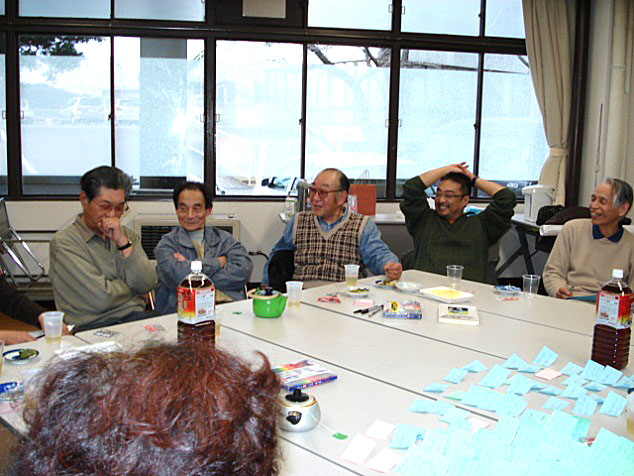
About ten years have passed since the issues of male nursing first became conspicuous, and with the ever-growing number of male caregivers, Saito’s interest in making salaried employment more compatible with nursing has increased. “The number of working caregivers is already as many as about 2.91 million people. According to a survey of companies in Kyoto that I conducted, I anticipate that in five or ten years’ time, one out of every two working people will be involved in nursing to some extent.”
It is not easy to make nursing compatible with salaried employment. In fact, the number of people who leave their jobs to be involved in nursing care has reached about 100,000 people per year. Saito warns that when men decide to leave their salaried jobs, they are not only exposing themselves to economic difficulties; they are also losing a place to be or a refuge outside their families, with the result that they are pushed into a mentally tight spot. She emphasizes that “mechanisms to facilitate nursing while in salaried employment are essential.”
In reality though, neither systems nor policies to support caregivers have been established. The utilization of family-care leave systems has a huge difference from childbirth and child-rearing leave systems. Saito says, “This is related to issues unique to nursing whereby, when compared to childbirth and child-rearing, it is difficult to see into the future.” It is hard to predict when and to what extent nursing will become necessary. For this reason, in order to support the compatibility of nursing and work, it is not only necessary to provide long-term leave such as family-care leave; it also requires ideas to flexibly support nursing through conditions such as half-days or hour-based leave, flextime systems, and work-from-home employment.
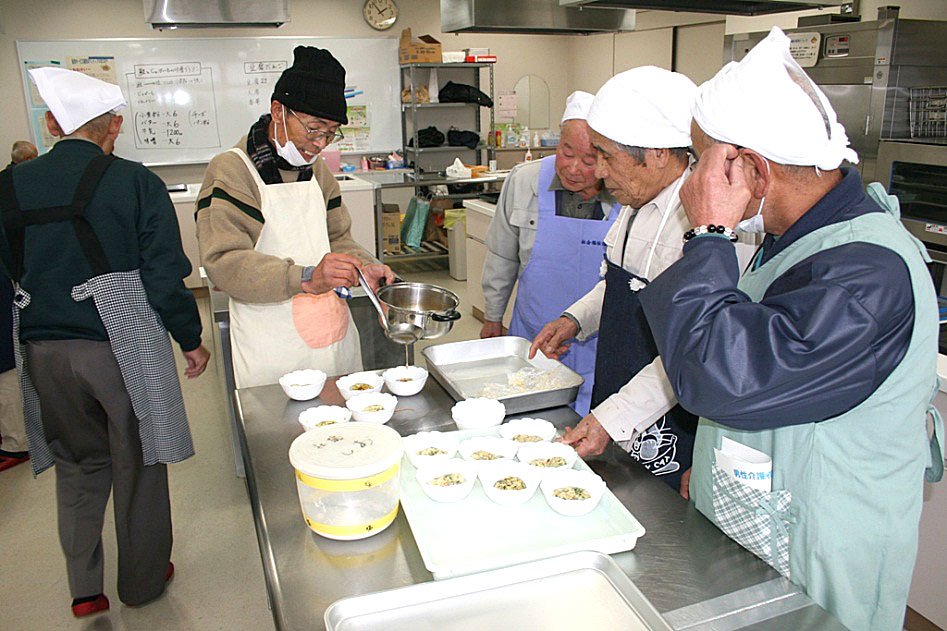
At the same time, looking at the rest of the world, there are many “places (drop-in centers)” that are permanently available as “places to be,” where caregivers can casually drop by any time, as opposed to the “meetings” on offer in Japan. Saito says, “While you cannot participate in meetings unless you have time, it is very important to establish places where caregivers from different backgrounds can casually drop in and receive support.”
Also on the increase is not only the number of male caregivers but also that of young caregivers in their teens and twenties, as the scale of families continues to shrink due to declining birthrates in contrast with the aging of society. Furthermore, the form of nursing has become more diverse, as illustrated by the presence of double caregivers who nurse multiple persons alone or who provide care while also bringing up children.
“As you can see from the Long-Term Care Insurance system, most of the support systems in Japan are focused on those who are in need of care. However, there is a real need for systems and services to independently support a wide range of caregivers from care to child-rearing and nursing,” Saito points out.
What issues do diverse caregivers have and what support do they need? With so many things requiring clarification, Saito’s research is becoming more and more vital to the improvement of caregiver support.
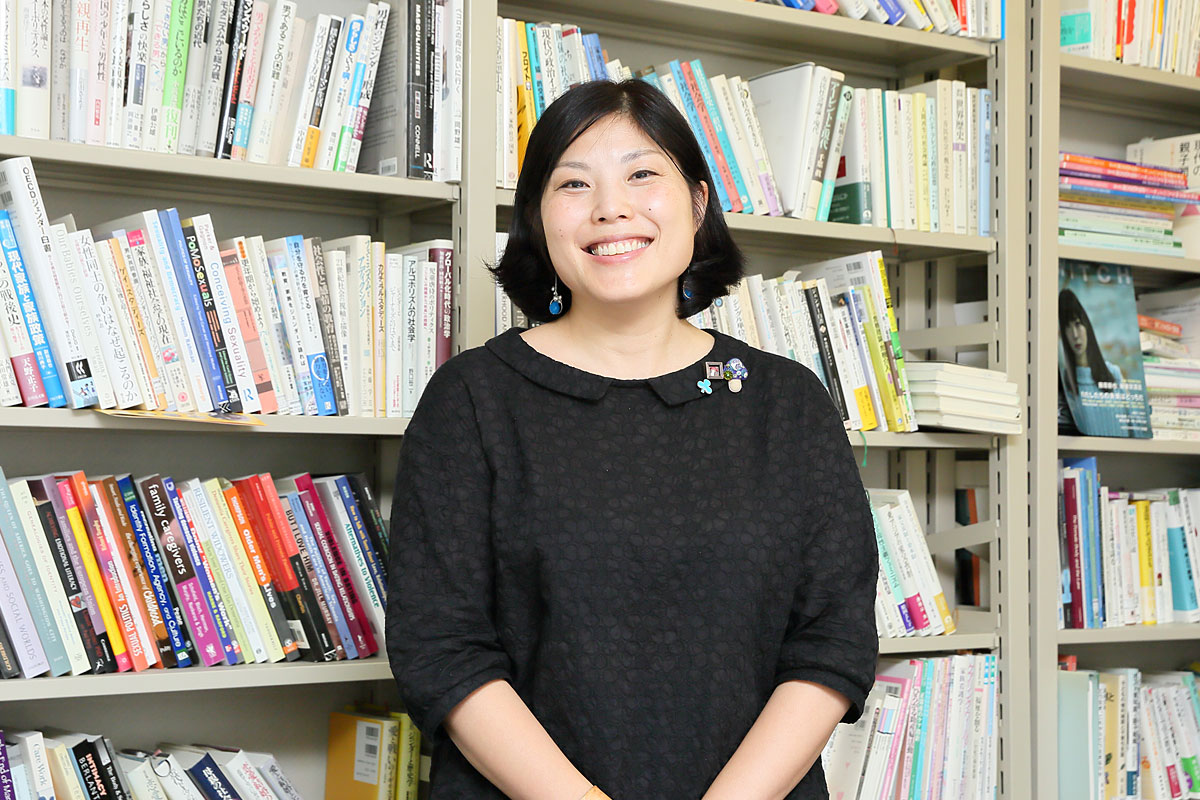
Mao Saito
Associate Professor, College of Social Sciences
Subject of Research: Qualitative research on the realities of male caregivers in Japan
Research Keyword: Sociology
